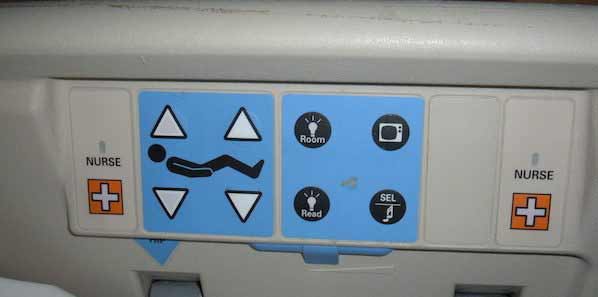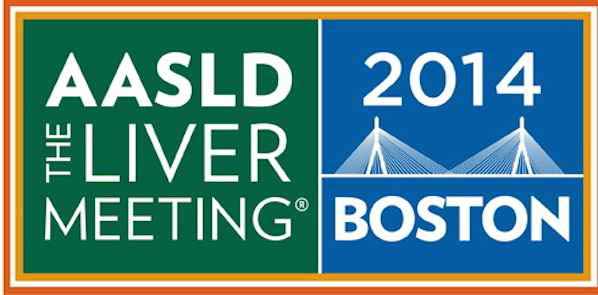Stroke Patients: Hospital Bed Position Matters
- ICU
- 10/11/2014
During the first 24 hours after a stroke, attention to detail such as hospital bed positioning is critical to patient outcomes. Bed position is amongst...
READ MOREEarly goal-directed therapy (EGDT) is a therapeutic strategy based on haemodynamic monitoring and pre-defined goals. The roots of this approach come from observational studies in non-cardiac surgery that showed that poor post-operative outcomes and higher mortality were associated with decreased oxygen delivery in the perioperative period (Clowes et...
READ MOREAsserting the existence of a state of permanent controversy is a staple during presentations on the topic of resuscitation fluids. Clinical audiences recognise a cliché when they hear it, and may disengage. This is unfortunate, since there has been a steady crescendo in the quality and quantity of clinical fluid science in the last two decades. In...
READ MOREKey Messages 1. We need to Identify high risk patients early on during their hospital admission. 2. Recognise anticoagulant prophylaxis may not be suitable for all patients therefore consider other interventions to protect against VTE. 3. Focus on sustained education of healthcare professionals to increase Venous thromboembolism...
READ MOREBy taking the Hippocratic Oath, physicians commit to practising their art according to the current best scientific knowledge. For that purpose, all physicians need full access to the best knowledge (see Figure 1 ). The necessary steps include continuous innovation in healthcare, followed by appropriate translation of innovative care into routine practice...
READ MOREProfessor Bertrand Guidet is Director, Medical Intensive Care, St. Antoine Hospital, Paris, France and Medical Director, APHP Hospitals, East Paris. You have a long-standing interest in ICU care and elderly patients. What prompted your interest? We should not consider the ICU as a unique unit. It is part of the hospital and there is treatment...
READ MOREThe history of intensive care (IC) in Turkey has followed a somewhat similar pattern to other European countries (see Figure 1). The first intensive care unit (ICU) was founded in a state hospital in Istanbul in 1959. The first attempts to institute intensive care in several cities were performed almost exclusively by anaesthesiologists. In 1977 those...
READ MOREIn Turkey intensive care was not a separate specialty for years, and was managed mainly as a subspecialty of anaesthesiology. In 2009 a new regulation was announced by the Ministry of Health (MoH) in which intensive care medicine (ICM) was recognised as a supraspecialty. Regarding this regulation, ICM education has a duration of three years after primary...
READ MOREProfessor Michael Reade, Australian Defence Force Professor of Military Medicine and Surgery, University of Queensland and ADF Joint Health Command, is a practising specialist intensive care physician and clinician scientist in the Australian Defence Force (ADF), seconded by Joint Health Command to the University of Queensland to lead a programme of...
READ MORE
During the first 24 hours after a stroke, attention to detail such as hospital bed positioning is critical to patient outcomes. Bed position is amongst...
READ MORE
Researchers from the Mayo Clinic (Jacksonville, FA, USA) have found that the use of two new oral medications is effective in fighting hepatiti
READ MORE